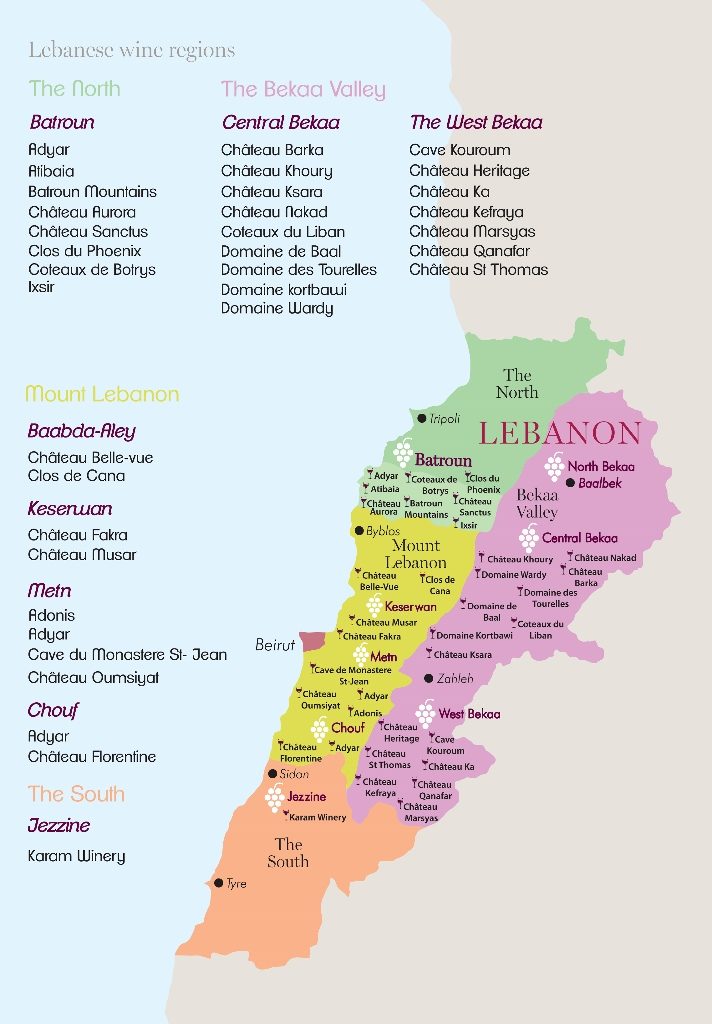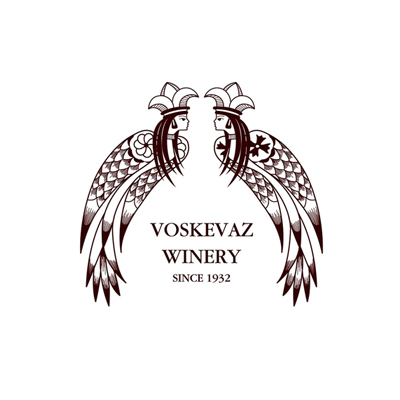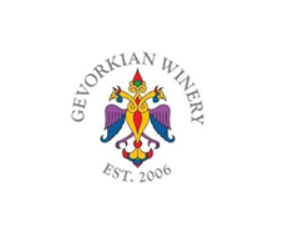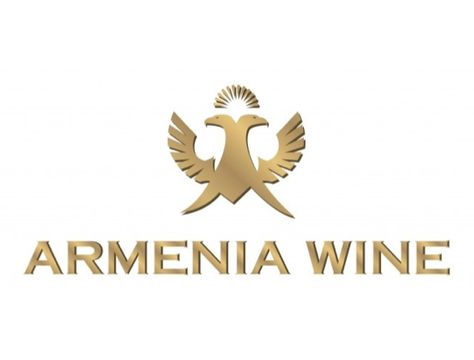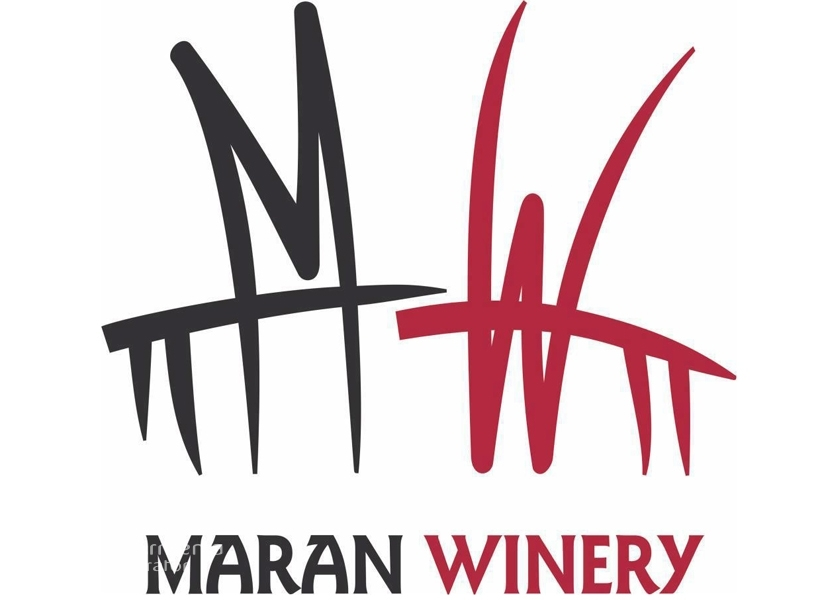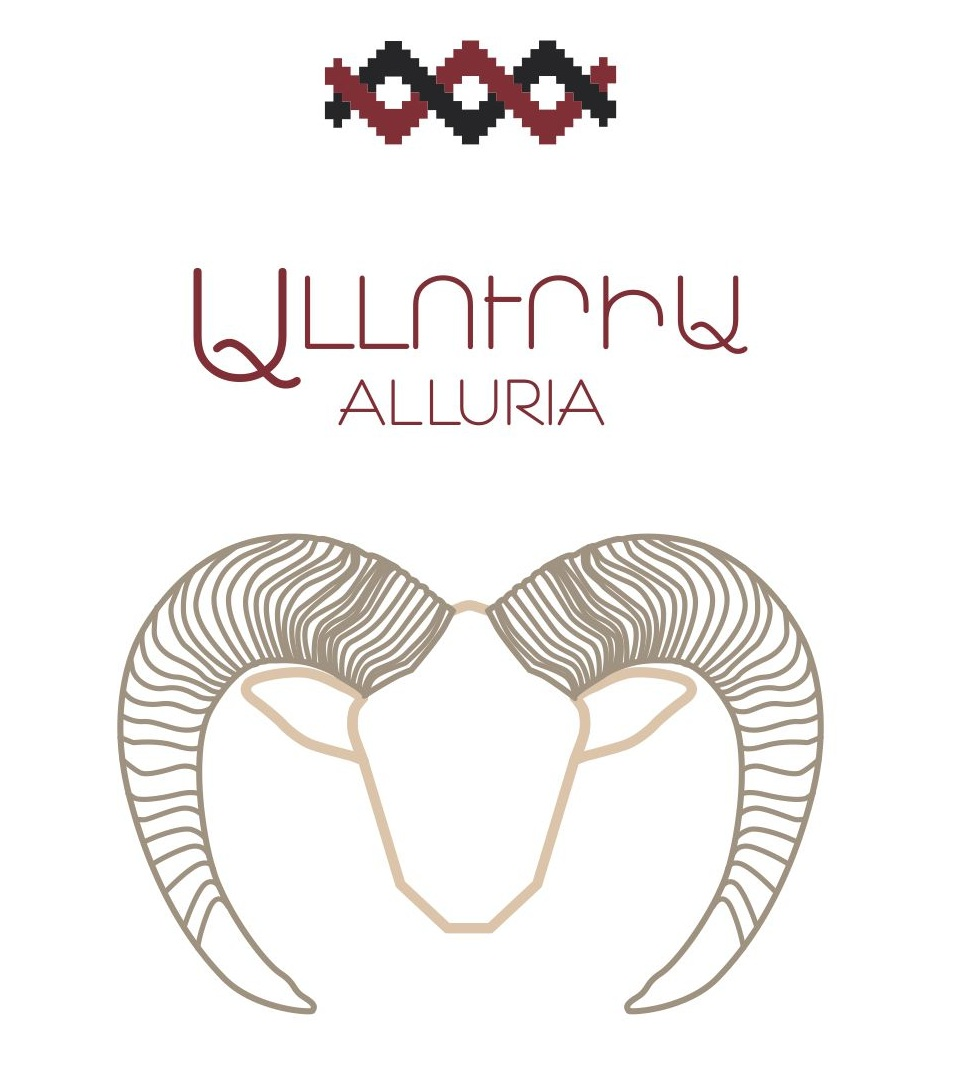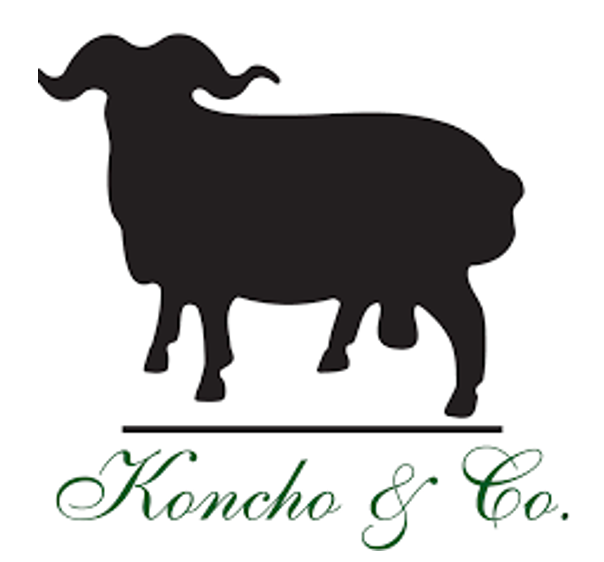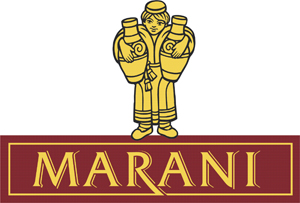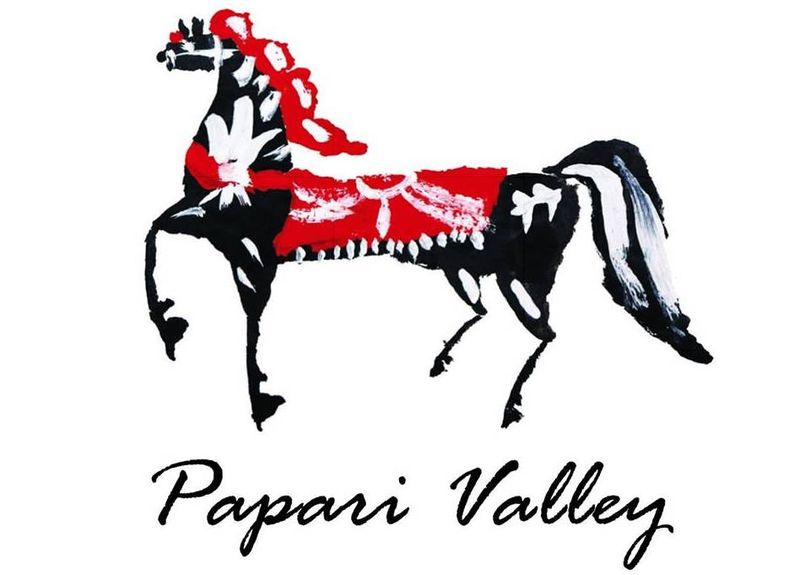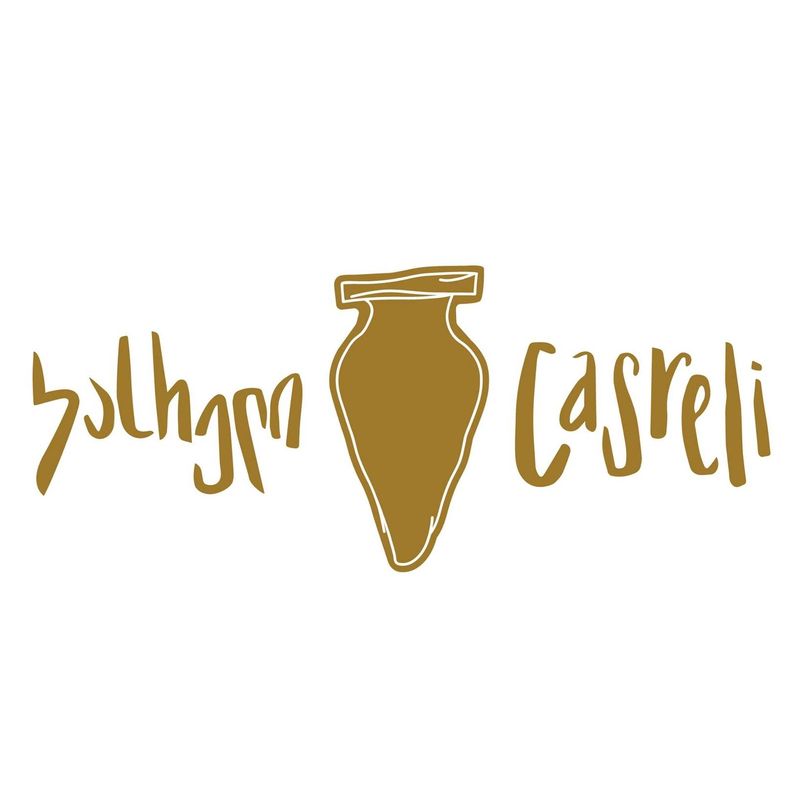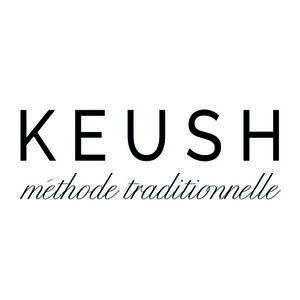Lebanese Wine
Did you know that Lebanon is one of the oldest wine countries? The oldest wine regions in the world are located here. Lebanon has been making wine for over 5,000 years and continues to do so today. The soil of the Bekaa Valley is very fertile, which means that mainly French grape varieties can grow perfectly here. Lebanon has made significant progress and has thus once again put Lebanese wines on the map. Lebanese wines are known worldwide and are widely praised for their high quality and unique taste. Grab a bottle of Lebanese wine today and go on a wine tour at home. You can easily order Lebanese wine online in our webshop.
Buy Lebanese wine
How Lebanon ever developed into a well-known wine region? It is likely that eastern neighbors such as Georgia have transferred viticulture to Lebanon. It has been proven that Lebanon was already producing wine when the era began, while Europe only started viticulture at a later time. Lebanese wine was exported throughout Europe during the Middle Ages. Lebanon has therefore been specialized in producing and distributing wine for years.
Viticulture in Lebanon
When you hear that mainly French grape varieties grow in the Bekaa Valley, it may sound a bit strange. Yet there is a logical explanation behind it. Until the beginning of the last century, Lebanon belonged to a French protectorate. The French then planted their own grape varieties and they never left. It is not surprising that black grape varieties such as Cabernet Sauvignon, Syrah and Cinsault often appear in a Lebanese blend. White varieties such as Chardonnay, Sauvignon Blanc and Clairette are also characteristic of white Lebanese wines.
Native grape varieties
Fortunately, Lebanon also has native grape varieties from which they make excellent wines. The most famous grape varieties are the Obaideh (white) and Merwah (white). The Lebanese vineyards are mainly located on the slope of the Bekaa Valley at about 1,000 meters altitude. Thanks to the Mediterranean climate and ideal weather conditions, the grapes can ripen well and winemakers hardly need to use pesticides. The high altitude ensures sufficient coolness at night, so that the grapes can retain enough acidity and fresh aromas. Lebanon also has soils that have a very high lime content, which contributes to the taste and elegance of the wines.
The traditional wineries
The Lebanese wine market is dominated by three large wineries, but there are also numerous smaller wineries that collectively produce an estimated 2 million liters of wine annually. The most famous wineries from Lebanon are:
- Château Ksara: The largest winery in Lebanon is Château Ksara. This winery was founded by Jesuits in 1857, but has since undergone a major transformation. It has become a lot more modern. Château Ksara mainly produces wines with French grape varieties that are sold worldwide.
- Château Musar: Winery Château Musar is known worldwide. Lebanese wines have become famous thanks to this winery. In the 1970s and 1980s, Château Musar achieved spectacular results that also reached European tastings. Today, Château Musar wines are still of high quality.
- Château Kefraya: Château Kefraya is a real family business that was founded just after the Second World War by the Butros family. The 300 hectares of vineyards are located in the Bekaa Valley. They specialize in blends with international grape varieties that they press in their own cellar.
- Clos St. Thomas: Clos St. Thomas, perhaps better known as Château St. Thomas is a traditional Lebanese family business producing quality wines in the Bekaa Valley. The winery likes to use French grape varieties in its different wines. They produce both white and excellent red wines that mature in their own oak barrels in their own cellar.
The Bekaa Valley: Lebanon’s Wine Country
The Bekaa Valley is by far the most important wine region of the country. Due to the extremely fertile soil, the valley has been extremely suitable for viticulture for decades. Not only does the majority of all wine come from Lebanon, the quality of the wine here is also excellent. Where it can be especially hot and dry in the rest of Lebanon, the climate here is moderate. There is enough rain and the cool evenings ensure that the vines grow well. In addition, different soil types can be found in the Bekaa Valley. The valley has soils of shale and gravel, but also loam or terra rossa. Each type of soil gives the grape varieties its unique taste.
Bring the taste of Lebanon into your home
We have various Lebanese wines in our range. You can try both red and excellent white wines. If in doubt, you can always contact us. We are ready for questions and give you appropriate advice for a suitable wine. But you have also come to the right place for other wine or grape varieties. Our offer is wide. Looking for the perfect gift? Then put together your own mix box with various types of drinks. You will pleasantly surprise your relationship!
Frequently Asked Questions
- With what food can I combine my Lebanese wine?
Lebanese cuisine has gained a lot of popularity in recent years. That is not surprising at all because there are so many different dishes. The mezze table is also highly recommended. Do you have a Lebanese red wine? Then this is wonderful to combine with a mezze table made of Halloumi, dates and za’atar. This is a taste explosion where the salty and sweet come together nicely. Hummus is also a very popular delicacy of Lebanese cuisine. Do you fancy a spicy hummus? Then combine it with a rosé from Lebanon. Delicious!
- What makes Lebanon a good wine country?
Lebanon is one of the few wine producers in the Middle East. This has to do with the dry, warm climate. The climate means that the vineyards can only function at high altitudes. The Bekaa Valley is located at an altitude of more than 1000 meters and has fertile soil. This soil in combination with the French winemakers who were active in Lebanon in the past, makes it a good wine country. The influences of the French are reflected in the grape varieties, which are predominantly French. Especially the red wines and the rosé are of a high standard.
- How can I properly store my Lebanese wine?
In order to really taste the Lebanese wines, it is advisable to store the wine in the right way. If you want to drink a wine over a longer period of time, storage is crucial for the desired taste experience. Keeping the temperature constant is the most important factor. In the case of a Lebanese red wine, the storage temperature should be about 12 degrees Celsius. The bottle can then mature in stable conditions. Also make sure that the pressure in the bottle and cork remains stable. A climate cabinet is the perfect solution for this.
- With what food can I combine my Lebanese wine?
Lebanese cuisine has gained a lot of popularity in recent years. That is not surprising at all because there are so many different dishes. The mezze table is also highly recommended. Do you have a Lebanese red wine? Then this is wonderful to combine with a mezze table made of Halloumi, dates and za’atar. This is a taste explosion where the salty and sweet come together nicely. Hummus is also a very popular delicacy of Lebanese cuisine. Do you fancy a spicy hummus? Then combine it with a rosé from Lebanon. Delicious!
- What makes Lebanon a good wine country?
Lebanon is one of the few wine producers in the Middle East. This has to do with the dry, warm climate. The climate means that the vineyards can only function at high altitudes. The Bekaa Valley is located at an altitude of more than 1000 meters and has fertile soil. This soil in combination with the French winemakers who were active in Lebanon in the past, makes it a good wine country. The influences of the French are reflected in the grape varieties, which are predominantly French. Especially the red wines and the rosé are of a high standard.
- How can I properly store my Lebanese wine?
In order to really taste the Lebanese wines, it is advisable to store the wine in the right way. If you want to drink a wine over a longer period of time, storage is crucial for the desired taste experience. Keeping the temperature constant is the most important factor. In the case of a Lebanese red wine, the storage temperature should be about 12 degrees Celsius. The bottle can then mature in stable conditions. Also make sure that the pressure in the bottle and cork remains stable. A climate cabinet is the perfect solution for this.


